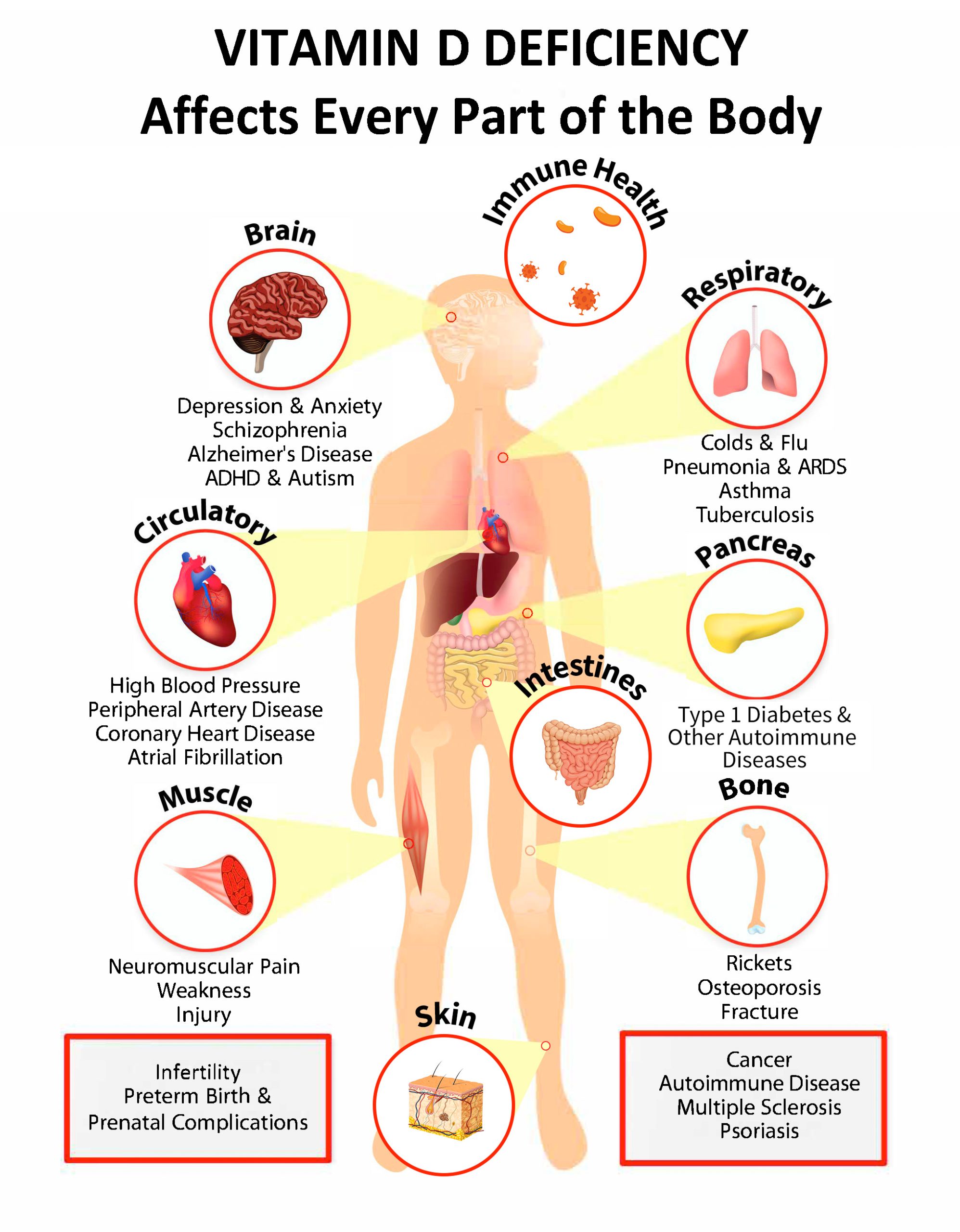
The Sunshine Within: Unveiling the Signs of Vitamin D Deficiency and Illuminating Pathways to Health
Feeling Drained? Unmasking the Signs of Vitamin D Deficiency
By: Saika J
Vitamin D, often nicknamed the “sunshine vitamin,” plays a crucial role beyond simply boosting mood. It acts as a maestro in the body’s orchestra, harmonizing functions like bone and muscle strength, immune system defense, and even mood regulation. However, many individuals unknowingly suffer from vitamin D deficiency, leading to a range of potential health concerns.
This article delves into the subtle signals your body might be sending when its vitamin D reserves are running low. We’ll explore the science behind these signs, their implications for your well-being, and strategies to restore your sunshine vitamin balance.
Unveiling the Clues: From Persistent Fatigue to Weakened Immunity
While a single symptom rarely definitively points to vitamin D deficiency, a constellation of seemingly unrelated issues can often provide valuable clues. Here, we unveil some of the most common signs that might indicate your body needs a boost of sunshine vitamin.
Persistent Fatigue:
Do you ever feel like you’re dragging yourself through the day despite getting enough sleep? This persistent fatigue is a hallmark sign of vitamin D deficiency. Vitamin D interacts with energy metabolism, influencing how your body utilizes glucose, its primary fuel source. When vitamin D levels are low, this delicate dance is disrupted, leading to a feeling of constant exhaustion and diminished vitality.
Aches and Pains in Bones and Muscles:
Our bones and muscles form the scaffolding that supports our movement and posture. Vitamin D plays a critical role in maintaining their strength and integrity. When vitamin D stores are depleted, this support system weakens, manifesting as bone pain, muscle aches, and tenderness. The lower back, hips, and thighs are particularly vulnerable areas that might express their discontent through dull aches or a nagging discomfort.
The Link to Mood and Depression:
The sunshine vitamin isn’t just about physical well-being; it also impacts our mental health. Studies have established a compelling link between low vitamin D levels and an increased risk of depression and mood swings. Vitamin D interacts with neurotransmitters like serotonin, which regulate mood and emotional well-being. When vitamin D levels dip, this delicate balance can be disrupted, leading to feelings of sadness, low mood, and a diminished ability to cope with stress.
Delayed Wound Healing:
Our skin acts as a barrier against the external world, and when it’s injured, the body initiates a complex wound healing process. Vitamin D plays a crucial role in orchestrating this symphony of repair. It helps regulate the immune response, promotes the formation of new skin cells, and stimulates the production of antimicrobial peptides that fight infection. If you notice that cuts, scrapes, or surgical wounds seem to take an unusually long time to heal, or if you experience frequent infections, it could be a sign that your body’s natural healing abilities are hampered by inadequate vitamin D levels.
Increased Susceptibility to Infections:
Imagine your immune system as a mighty army guarding your body against invaders. Vitamin D acts as a general in this army, orchestrating the body’s defenses. It helps regulate the production of white blood cells, the foot soldiers of the immune system, and enhances their ability to fight off pathogens. When vitamin D levels are low, this crucial line of defense weakens, making you more susceptible to respiratory infections like colds, flu, and even more severe conditions like pneumonia. If you find yourself frequently battling illnesses or taking longer to recover, a vitamin D test might be a wise course of action.
Bone Health and Osteoporosis:
Perhaps the most well-known consequence of vitamin D deficiency is its impact on bone health. Vitamin D is essential for calcium absorption, the mineral that gives bones their strength and structure. When vitamin D levels are low, calcium absorption is impaired, leading to a gradual decline in bone density. This sets the stage for osteoporosis, a condition characterized by weak and brittle bones that are prone to fractures. While osteoporosis is a particular concern for older adults, it can develop in younger adults as well, especially those with risk factors such as:
- Family history of osteoporosis
- Certain medical conditions that affect calcium absorption or bone metabolism
- Long-term use of medications known to contribute to bone loss
- Hormonal imbalances, such as estrogen deficiency in postmenopausal women
- Lifestyle factors like chronic low calcium intake, excessive alcohol consumption, smoking, and a sedentary lifestyle
Early detection and intervention for vitamin D deficiency are crucial in preventing osteoporosis and its debilitating consequences. Regular bone density scans, especially for those at high risk, can help identify bone loss before fractures occur. Treatment options for osteoporosis, along with maintaining adequate vitamin D levels, can help strengthen bones and reduce fracture risk. Remember, taking proactive steps to optimize your vitamin D status is an investment in a future filled with strong, healthy bones.
By understanding these signs and consulting your doctor, you can address potential vitamin D deficiency and unlock a path towards a healthier and more vibrant you. Here are some additional tips to keep your sunshine journey bright:
- Track Your Sunshine: There are various apps and websites that can help you determine your ideal sun exposure time based on your location, time of day, and skin type. Remember, moderation is key!
- Embrace Outdoor Activities: Make getting outdoors a regular habit. Take brisk walks during your lunch break, enjoy weekend hikes, or simply relax in your backyard with a good book.
- Get Cooking with Vitamin D Powerhouses: Explore recipes that incorporate vitamin D-rich ingredients. Salmon with roasted vegetables, a frittata packed with cheese and mushrooms, or a smoothie blended with milk and berries are all delicious and nutritious options.
- Share the Sunshine: Talk to your family and friends about the importance of vitamin D. Encourage them to join you in healthy sun exposure, explore vitamin D-rich meals together, and prioritize a healthy lifestyle that supports optimal vitamin D levels.
By incorporating these strategies and remaining proactive about your health, you can harness the power of the sunshine vitamin and cultivate a life brimming with energy, resilience, and overall well-being. Remember, even small adjustments to your daily routine can make a significant difference in your long-term health. So, step outside, embrace the sunshine (safely!), and embark on a journey towards a sunnier, healthier you!

